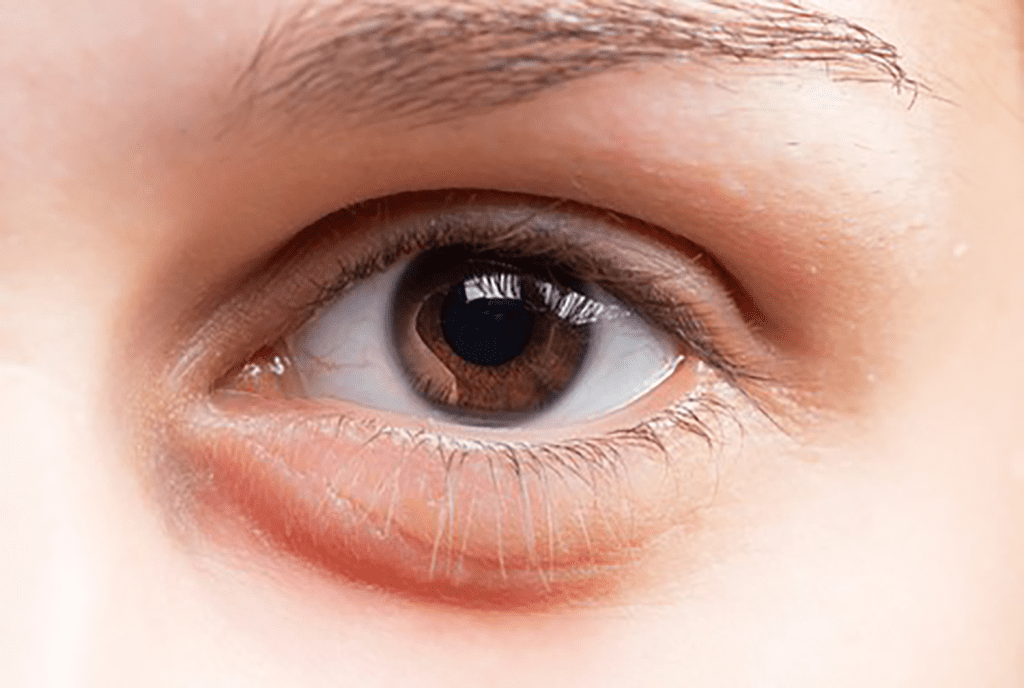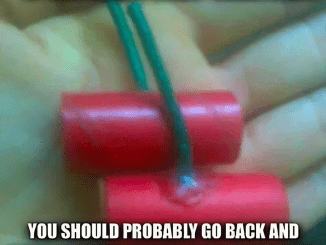Let’s be honest—most of us don’t give our kidneys much thought… until something goes wrong. These bean-shaped organs quietly do a critical job every day: filtering waste, balancing fluids, managing blood pressure, and even helping with red blood cell production. But when your kidneys start to fail, they usually whisper before they scream.
Ignoring these early warning signs could lead to serious consequences. That’s why it’s so important to pay attention to the small changes your body tries to show you. So let’s break down the 8 subtle—but serious—signs that your kidneys may be in danger.
Swollen Ankles and Feet

One of the most overlooked red flags of kidney trouble is swelling in the lower body—especially your feet and ankles. When kidneys aren’t functioning well, they struggle to eliminate excess sodium and fluids, which causes them to build up in your tissues.
What to look for:
Notice if your shoes feel tighter, your socks leave deep imprints, or your ankles appear puffier than usual.
Persistent Fatigue
Feeling unusually tired all the time? It might not just be stress or lack of sleep. When kidneys don’t filter waste efficiently, toxins build up in your blood. This makes it harder for oxygen-rich red blood cells to circulate—leading to exhaustion and weakness.
What to look for:
If you’re dragging through the day despite getting enough sleep, or you feel winded during everyday tasks, it could be a deeper issue.
Foamy or Bubbly Urine
Ever flush and notice your urine looks unusually frothy? That might be more than just a random quirk. Excess protein in your urine—a condition known as proteinuria—is often one of the first signs of kidney dysfunction.
Video : Could you have kidney disease? Know the signs!
What to look for:
If your urine frequently looks foamy, especially with no changes to your hydration or diet, get it checked out.
Changes in Urination Patterns
Your bathroom habits can reveal a lot about your kidneys. If you’re suddenly urinating more or less than usual—or experiencing pain, blood, or extreme urgency—it’s time to pay attention.
What to look for:
Waking up multiple times a night to urinate, feeling like you can’t fully empty your bladder, or noticing dark or rusty-colored urine should raise concerns.
Itchy, Dry Skin
Kidneys help maintain the balance of minerals in your body. When they start to fail, waste builds up and causes imbalances—often reflected in your skin.
What to look for:
Persistent itching, especially on your back or legs, or dry, scaly patches that don’t go away with moisturizers.
Swelling or Puffiness Around the Eyes

That annoying under-eye puffiness you blame on poor sleep? It could be something deeper. When kidneys leak protein into the urine instead of keeping it in your body, it often shows up around the eyes first.
What to look for:
Swollen, puffy eyes—especially in the morning—and no other obvious causes like allergies or sleep deprivation.
Metallic Taste in the Mouth or Bad Breath
When waste builds up in the bloodstream (a condition known as uremia), it can affect your sense of taste and breath freshness. Food may taste off, or you might notice a persistent bad taste or breath odor, even with good oral hygiene.
What to look for:
A constant metallic taste, reduced appetite, or unexplained weight loss linked to food aversions.
Nausea and Vomiting
As kidney function declines, waste that should be eliminated starts to affect other systems—including your digestive tract. This can cause frequent nausea or unexplained vomiting, especially in the morning.
What to look for:
If you’re feeling queasy without a clear reason—or worse, vomiting regularly despite a clean diet—it’s time to look deeper.
Why These Symptoms Are Easy to Miss

One of the biggest reasons kidney disease goes undetected for so long is because its early signs are often vague or mimic other conditions. Fatigue? Could be stress. Swollen feet? Maybe you’ve been standing too long. But if these symptoms persist or show up together, your kidneys might be waving a red flag.
And the danger here? Once kidney function drops below a certain level, it can’t be reversed—only managed. That’s why early detection is so important.
How to Support Kidney Health Before It’s Too Late
Now that you know what to watch for, here are a few quick tips to help keep your kidneys strong and supported:
- Stay hydrated with clean water
- Limit processed salt and sugar, which stress your kidneys
- Control your blood pressure and blood sugar
- Avoid overusing NSAIDs like ibuprofen, which can harm kidney tissue
- Quit smoking and reduce alcohol intake
- Eat more kidney-friendly foods, like leafy greens, berries, and cauliflower
- Get regular check-ups, especially if kidney issues run in your family
Video : Help Your Kidneys! Dr. Mandell
Conclusion: Your Body Sends Signals—Don’t Ignore Them
Your kidneys may be quiet, but they’re always working hard for you. And when something’s wrong, your body often tells you in subtle ways. Puffy eyes. Tired legs. That odd taste in your mouth. It’s easy to brush these signs off—but over time, they can point to a much bigger problem.
The good news? When caught early, kidney issues can be managed or even reversed with the right care. So listen to your body, notice the small changes, and never underestimate the power of early action. Because the sooner you act, the stronger your kidneys—and your future—will be.


